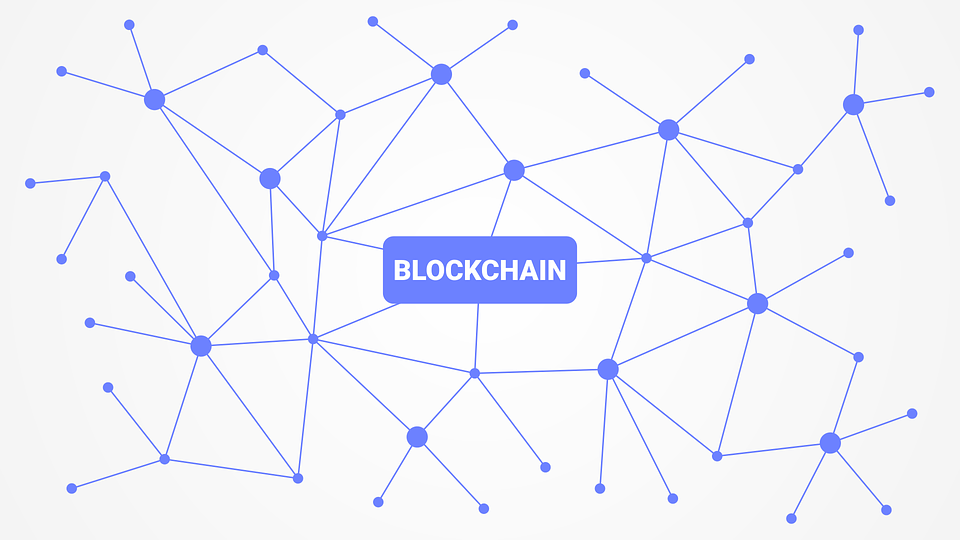DEPIN
BitNet Expands Into DePIN Market with Modular Infrastructure Platform

Key Points
May 16, 2025 — BitNet, a next-generation Layer 1 blockchain protocol, has officially entered the Decentralized Physical Infrastructure Network (DePIN) ecosystem. Designed to deliver decentralized services in compute, storage, and bandwidth, BitNet introduces a distributed, token-incentivized model for infrastructure sharing. The announcement aligns with the continued expansion of the DePIN sector, which recently surpassed $30 billion in total market capitalization , according to data from CoinGecko and Messari .
BitNet has moved into the DePIN universe, offering decentralized compute, storage, and bandwidth as a service . Based on a token-incentivized, community-sourced model, BitNet aims to offer scalable infrastructure solutions as the DePIN market reaches over $30 billion in capitalization .
Understanding DePIN: A New Infrastructure Paradigm
DePIN refers to blockchain-powered networks that replace traditional centralized infrastructure with community-operated alternatives. These systems enable individuals and organizations to contribute underutilized resources—such as compute power, storage space, bandwidth, or energy —into a decentralized network.
Key features of DePIN include:
These components support transparent, secure, and efficient infrastructure coordination. As of late 2024, more than 650 projects were actively developing DePIN-based systems across industries ranging from data storage to telecommunications , according to research by the Filecoin Foundation .
BitNet’s Role in the Evolving DePIN Landscape
BitNet introduces a modular infrastructure platform optimized for decentralized compute, networking, and storage layers. The architecture is designed to meet the demands of smart cities , IoT deployments , and data-intensive Web3 applications .
Planned protocol-level capabilities include:
These features support a programmable and scalable infrastructure layer , adaptable to both enterprise-grade and open-network deployments.
Addressing the Limitations of Centralized Infrastructure
BitNet’s DePIN model responds to persistent shortcomings in centralized infrastructure models, including:
By shifting to a decentralized resource-sharing framework , BitNet aims to replace dependency on monolithic providers with global, permissionless participation .
Resource Sharing at the Core
At the foundation of BitNet’s infrastructure model is a community-driven resource marketplace . Individuals, enterprises, and institutions can contribute idle assets—such as CPUs, GPUs, storage units, or bandwidth connections —to the BitNet network. In exchange, participants receive token-based rewards , turning otherwise dormant infrastructure into productive, revenue-generating nodes .
This model supports:
By enabling infrastructure to be dynamically provisioned and governed through decentralized mechanisms, BitNet empowers a more inclusive and adaptive foundation for Web3 services.
Top Use Cases for BitNet’s DePIN Model
BitNet's design is meant to enable many real-world applications within the Decentralized Physical Infrastructure Network (DePIN) ecosystem. BitNet's modular, scalable structure hosts these applications for providing decentralized compute, storage, connectivity, and energy services to various industries.
Decentralized Compute for High-Performance Applications
BitNet provides a decentralized compute marketplace for high-resource tasks such as video rendering , scientific simulations , and other compute-heavy applications. By enabling participants to offer unused CPU and GPU resources , BitNet supports a permissionless , low-cost alternative to centralized cloud services.
Smart contracts automatically handle resource allocation , pricing , and service-level agreements , making it suitable for high-throughput, parallel workloads .
Decentralized Storage for Web3 Applications

BitNet offers decentralized storage tailored to immutable data , media streaming , and secure on-chain file management . Storage providers contribute unused disk space for token rewards, while users benefit from censorship-resistant, tamper-proof data storage.
Smart contract–based access controls allow fine-grained governance of stored data, including permissions and sharing policies , meeting the increasing demand in Web3 environments.
Edge Computing and IoT Connectivity
BitNet supports low-power sensors and devices through a distributed network architecture , targeting applications in smart agriculture , environmental monitoring , and real-time analytics .
By leveraging edge computing , the platform reduces latency and bandwidth costs while maintaining decentralized control and providing incentives to device operators.
Localized 5G and Smart Cities
BitNet enables community-managed mesh networks and localized 5G infrastructure through token-based rewards for hosting local infrastructure nodes. This decentralizes network control, reducing reliance on telecom incumbents and improving coverage and resilience.
Applications include traffic management , public safety , and IoT connectivity in urban and suburban environments .
Renewable Energy and Microgrid Participation
Drawing from projects like Power Ledger and Energy Web , BitNet facilitates peer-to-peer energy trading within decentralized microgrids .
Users with renewable energy assets (e.g., solar panels ) can tokenize and trade surplus electricity in a distributed marketplace , enabling localized resilience , minimizing waste, and encouraging sustainable energy systems .
Creator Economy and Media Infrastructure
BitNet offers a decentralized solution for video encoding and content delivery , supporting creators, streamers, and small studios with access to shared compute and storage .
This allows cost-effective and reliable content processing and distribution , reducing reliance on centralized infrastructure and addressing scalability concerns in the creator economy .
BitNet and the Future of DePIN Infrastructure
As demand for decentralized infrastructure grows across Web3, enterprise, and smart cities , BitNet positions itself as a key player in the transition from centralized cloud services to community-owned infrastructure .
With a modular design, smart contract support, and cross-chain capabilities, BitNet aligns with key DePIN trends. As the market continues expanding beyond $30 billion , BitNet’s compute, storage, and bandwidth platform could become a core protocol in the emerging decentralized digital economy.